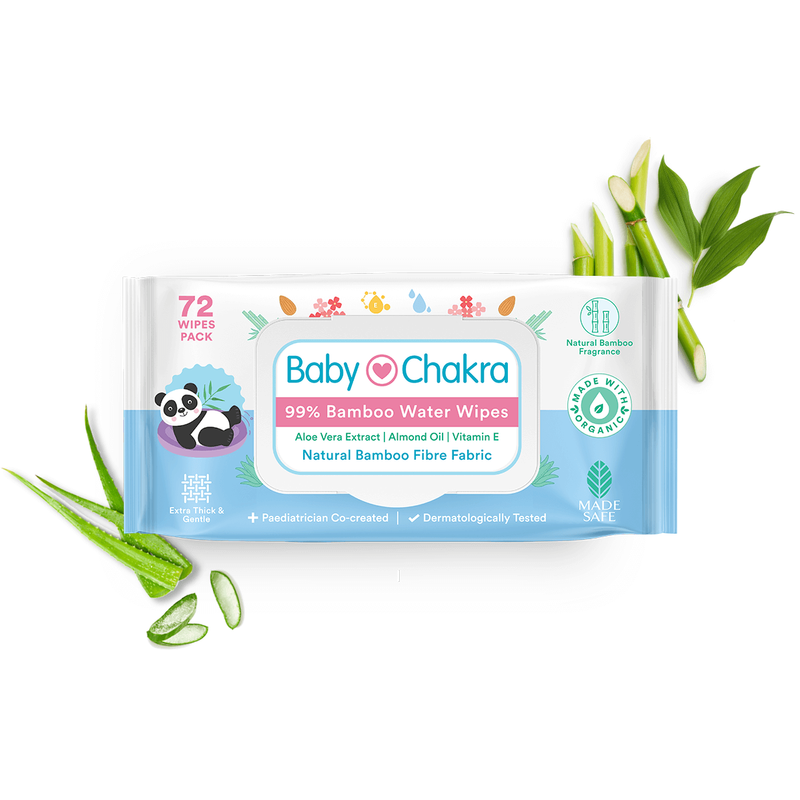
Is A Vegan Diet For Children Healthy?
10 Nov 2022 | 4 min Read
Manisha Pradhan
Author | 1053 Articles
The environment, animals, and your health may all benefit from a vegan diet. But is a vegan diet for children healthy? Since it excludes all meat proteins and dairy, both of which are healthy and essential for developing children.
A vegan diet can be beneficial for kids, but you might need to make some adjustments. The main issue with vegan diets for young children is inadequate nourishment. To avoid nutrient deficiencies like vitamin D, calcium, iron, omega-3 fatty acids, and vitamin B12, parents must be very well informed.
Besides hygiene, what are the most crucial guidelines that parents should follow when introducing a plant-based diet or a vegan diet to their kids? Continue reading to learn more.
What Does Vegan Diet Mean?
A vegan diet is a plant-based diet. It means avoiding any food that exploits animals. Vegans face a lesser risk of certain health conditions, like type 2 diabetes, obesity, hypertension, and certain types of cancer.
Is Breast Milk Vegan?
Another question most vegan parents may have is “Is breast milk vegan?” Just like any other mammal that produces milk for their offspring, since they require the nutrients that a mother’s milk contains, humans too produce milk for their babies. Breastmilk is vegan and it has many benefits making it essential for babies till at least they are six months old.
Breast milk should not be replaced with oat milk, soya milk or rice milk as they do not have an adequate ration of proteins, fats, carbohydrates and essential nutrients, and is not suitable for babies under a year old.
Vegan Diet For Children: Is It Healthy?
All babies and young children require a diet that is high in protein and fat and low in fibre and most vegan diets are the opposite of that. Therefore parents who want to feed their children a vegan diet must make sure the child’s food includes:
Proteins, Vitamins, Iron And Calcium:
A vegetarian typically consumes dairy products and eggs instead of meat, poultry, or fish. But vegans don’t consume any meat, fish, poultry, or any of their byproducts which include dairy, honey, and eggs. Vegans run the danger of iron, calcium, zinc, omega 3, and vitamin B12 deficits. These deficiencies can be avoided by including fortified grains and foods like lentils, quinoa, wholewheat, soy yoghurt, tofu, beans, finely ground nuts, leafy green vegetables, broccoli, avocados, dried fruits such as prunes, figs, walnuts and apricots, and seeds like flaxseeds and chia seeds in the child’s diet. A diet that includes proteins, vitamins, iron and calcium is essential for developing bodies in children.
Energy Giving Food:
Children must eat more food to meet their energy needs on a vegan diet because it tends to be less energy dense. Since kids often have tiny appetites, it might be difficult to meet their daily calorie requirements. The trick is to include healthy oils in food, like soybean or cold-pressed rapeseed, as they increase calories and promote the formation of crucial fatty acids, which are essential for brain growth.
How to alter your child’s diet safely
It’s a good idea to talk about any worries and potential hazards with your child’s paediatrician or a pediatric nutritionist before changing their diet.
- Learn what signs to look out for that can point to your child’s nutritional needs not being met. For example, mood changes or variations in energy level could indicate a problem.
- You might wish to start keeping a daily journal for your kids. Your doctor can then go over the logbook with you to ensure you aren’t missing any nutritional abnormalities.
- Maintaining a diet journal for three days—two during the week and one over the weekend will help you keep a note of their nutritional intake.
If you are planning to feed your child a vegan diet then make sure they’re eating a balanced diet. It is also advisable to seek professional guidance for a more balanced vegan diet for your child.
Cover image source: freepik
A


Related Topics for you
Suggestions offered by doctors on BabyChakra are of advisory nature i.e., for educational and informational purposes only. Content posted on, created for, or compiled by BabyChakra is not intended or designed to replace your doctor's independent judgment about any symptom, condition, or the appropriateness or risks of a procedure or treatment for a given person.

